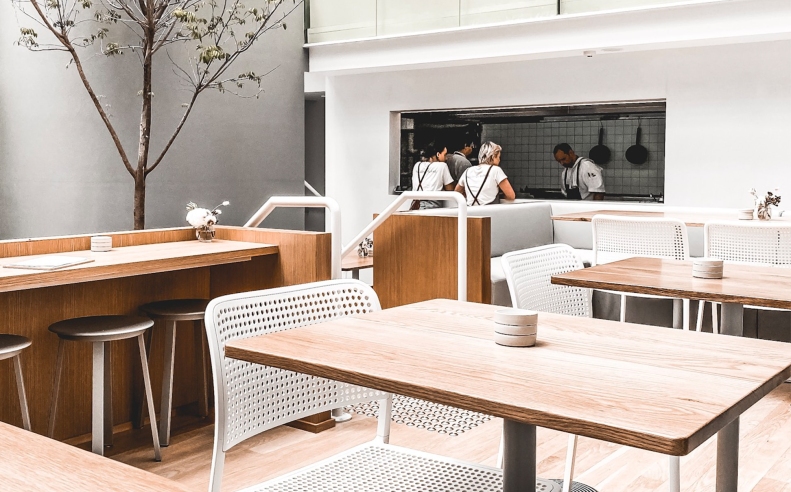Clarification on Tax Breaks for Meals (And the Definition of “Restaurant”)

The Consolidated Appropriations Act, 2021, which became law in late December of 2020, amended Code Section 274 to provide that, for 2021 and 2022, “food and beverages provided by a restaurant” are generally 100% deductible. Because there was no other language in this provision, the scope and significance of this provision were uncertain. The Internal Revenue Service recently issued Notice 2021-25 to provide some helpful guidance in this area.
The Notice indicates that:
- The term “restaurant” means a business that prepares and sells food or beverages to retail customers for immediate consumption, regardless of whether the food or beverages are consumed on the business’s premises;
- A “restaurant” does not include a business that primarily sells pre-packaged food or beverages not for immediate consumption, such as a grocery store; specialty food store; beer, wine, or liquor store; drug store; convenience store; newsstand; or a vending machine or kiosk; and
- An employer may not treat as a “restaurant” (1) any eating facility located on the business premises of the employer and used in furnishing meals excluded from an employee’s gross income under the “convenience of the employer” rule of Code Section 119 or (2) any employer-operated eating facility treated as a de minimis fringe under Code Section 132(e)(2).
Perhaps the most important take-away (no pun intended) here is that the provision applies to take-out food and beverages, and that it is not necessary for the consumption to take place at the restaurant’s location. This seems to make sense in light of the provision’s general goal of assisting the restaurant industry.
While this guidance does help clarify the rules, there are still some gray areas. One of these is that there might be situations where the taxpayer is not able to readily ascertain whether the seller’s primary business consists of selling food and beverages for immediate consumption. For example, there are some local microbreweries here in the Portland, Maine area that also operate full-service restaurants with ample eat-in and take-out options. Are these meals eligible for the 100% deduction? It might depend on whether the term “business” is defined at the restaurant level or at a higher level that takes into account the brewing activity. The Notice is silent on this question.
One impact of the Notice might be, in many situations, a temporary reinstatement of the 100% deductibility of meals provided as de minimis fringe benefits. Regulations Section 1.132(d)(2) allows employees to exclude from income the value of occasional meals provided to allow the employee to work overtime. Prior to the Tax Cuts and Jobs Act, employers were entitled to a 100% deduction for these meals, but the meals became 50% deductible starting on January 1, 2018. For 2021 and 2022, it appears that 100% deductibility would once again apply to takeout meals purchased from a restaurant that are provided occasionally to employees who are working overtime.
For more information, please contact your BNN tax service provider at 800.244.7444.
Disclaimer of Liability: This publication is intended to provide general information to our clients and friends. It does not constitute accounting, tax, investment, or legal advice; nor is it intended to convey a thorough treatment of the subject matter.


